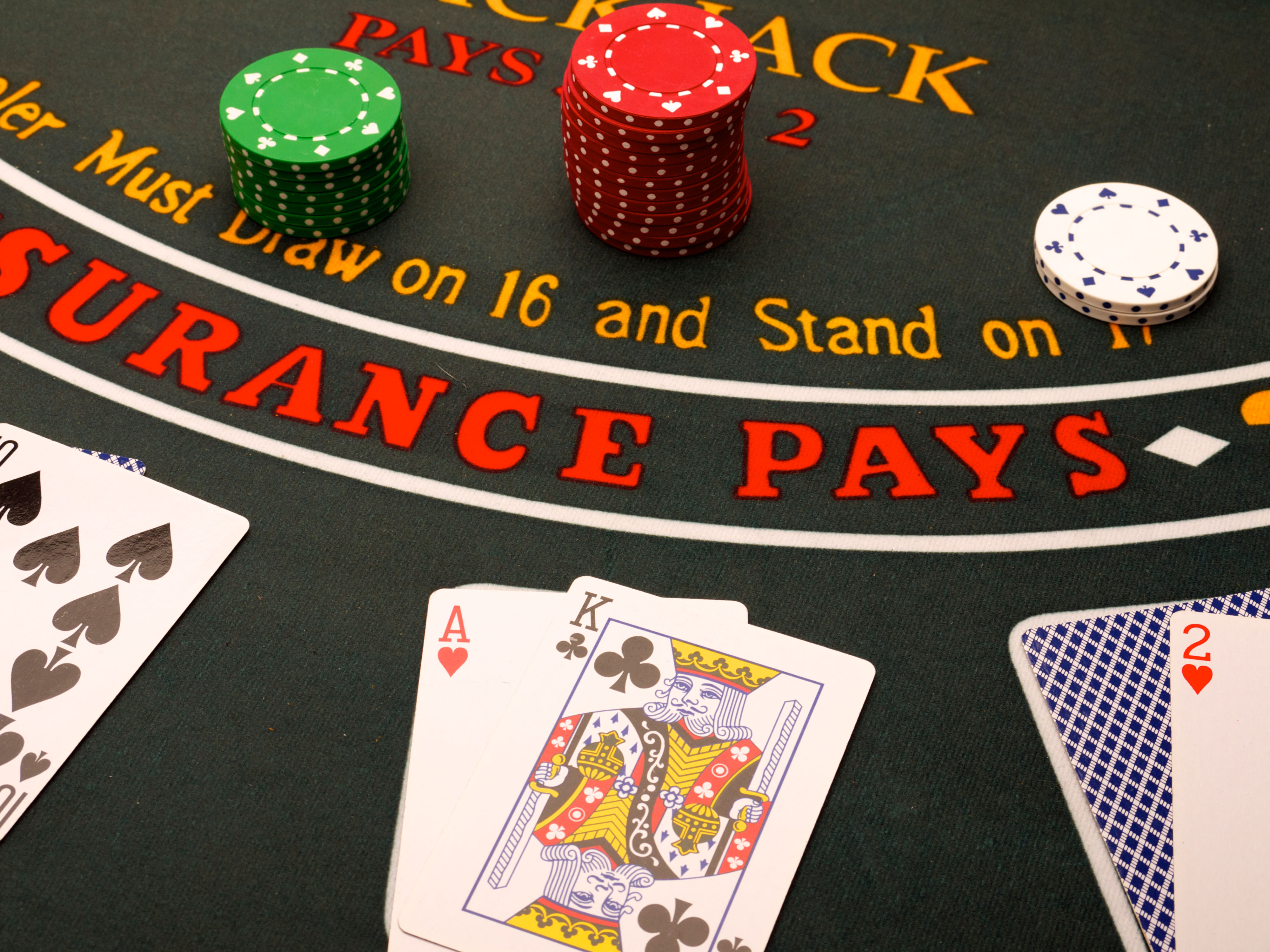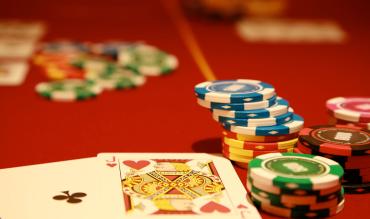Players know the feeling, regardless of whether they're playing online blackjack or in live casinos. From the first hand, they're engaged, interested, thinking strategy on every card. It's a fun game, especially, when winning streaks are coming often enough to keep bankrolls full.
But when players start to make mistakes, it's time to watch out. The "Fatigue Factor" can undermine even the best players.
Know When to Quit
When you're tired, it's easy to let your guard down. Maybe you hit a losing streak and reach for your wallet when you really should be taking a break. Maybe you start misreading your cards. Maybe you start making strategy mistakes or making reckless plays.
If you recognize any of that behavior setting in, it's time to step away from the table or screen.
Even if a little recklessness or misjudgments haven't started, think about putting a time limit on sessions. Card counters, who work hard to get an edge on the house, often play no more than an hour at once. For them, playing short sessions is in part an effort to keep casino operators from catching on to their methods, but it also avoids fatigue and keeps players fresh.
Mistakes lead to losses, and sometimes to much bigger losses than your normal limits if you're reaching for extra cash or credits without thinking about it.
Take a walk. Get a snack. Maybe even take a nap. If you want to play more, come back when you've refreshed. I'll admit to having played marathon blackjack sessions in my younger days before it dawned on me that fatigue was not my friend.
The incident that led me to reconsider came at the end of a long day when I was dealt a 9 and a 7, and the dealer had a 6 face up.
I misread the dealer 6 as an 8, so I signaled to hit. The dealer gave me a second look, so I signaled again. The card was a 4, so I had 20.
It was then I realized the dealer had an 8 face up. One player muttered about the luck of fools.
The muttering grew more widespread when the dealer turned up a 5 for 11, then drew a 10 for a 21 that beat the entire table. If I'd stood on my 16, the dealer would have drawn my 4 for 15 before drawing the 10 to bust. The whole table would have won.
One player picked up his chips and stormed away in disgust. He wasn't about to have his game ruined by the likes of me.
Bad plays help other players as often as they hurt them. When someone makes a bad play at my table and I lose a hand, I try to take it in stride, knowing there's nothing magical about card order and that at some other time, a bad play will bring about a dealer bust or give me a good card.
Still, in the moment, it was embarrassing. I obviously was not sharp or at the top of my game, and I started to think more seriously about playing when tired.
Other Players Offer Insight
I surveyed other good blackjack players among friends and acquaintances for their thoughts, and they shared stories of mistakes where the Fatigue Factor came into play. Names have been changed to protect the guilty.
KARL: I was at a business conference, in meetings all day but with plenty of time to play at night.
I was burning the candle at both ends, and I guess it was affecting me more than I thought. I had a hand with a 10, a 7 and a 4, but in what order is in some dispute.
I thought I had 10-4 against a dealer's 9, so I hit and drew the 7. After the hand was over, a player to my right asked, "Did you just hit 17?" I said, "No, I hit 14." He seemed satisfied, but another player started shaking his head.
Honestly, I couldn't be sure. If I couldn't be sure, I knew I had no business at the table. I cut the blackjack short that night.

LOU: Some of my tired mistakes have been doozies. Here’s one that really sticks out. I had a pair of 4s, the dealer showed a Queen. A sane person hits and hopes for the best. He certainly doesn’t split and risk twice as much money on bad hands.
So much for sanity. I was in such a daze that I read the 4s as Aces. If all you can see is the card corners, it’s not that hard to misread 4s as A’s. But these were face up on the table. You could see all of both cards. The four spots should have been a giveaway, but uh-uh.
It shocked the dealer. He called to the supervisor, “Splitting 4s vs. 10,” and the supervisor came over to watch.
I should have said, wait, I don’t want to do that, but I didn’t. I took my double loss as a sign it was break time.
BARRY: I lost $500 one night when maybe it should have been $100. It was after dinner after a long day, and I planned to play a little bit before a little TV and bed.
I was most of the way through a $100 buy-in at a $10 table, when I got an 8 and a 3 against a dealer's 6. You have to double down in that situation, but I was out of chips. So I reached for more money, and only had $100 bills.
I bought in again and made my double down bet. It didn't work. I drew a 4 for 15 and the dealer didn't bust. I should have just left as planned, but I started to play the other $90 in chips, and when I lost that I bought in again and again.
What is it they call it? Going on tilt? That's what I did. After that, I vowed never again to keep playing when tired. Your judgment gets too cloudy and you make poor decisions. At least, I did.
BOB: Oh, yeah. Of course. Fatigue and mistakes go hand in hand. You know me. Basic strategy is automatic. Still, once in a blue moon, I’ll find myself spacing out on a soft hand and hitting instead of doubling or doubling instead of hitting. When that happens, it’s time to take a walk.
If I’m in one of the local casinos and I’m not ready to leave or one of my friends aren’t ready to leave, I’ll take a walk to a snack bar, get a drink and sit down away from the games. When I’m refreshed and ready, I’ll go back to a table.
On trip to a casino hotel, I’ll go to my room for a bit. Maybe I’m not ready for a nap, but I’ll put the TV on or read and have a drink, maybe check email and texts.
I don’t actually have to make a mistake to take myself out of action. If I even have to think about a play, it means I’m getting tired and my judgment isn’t sharp.
A Final Word
Everyone has their own tolerance level for session duration before fatigue sets in. I do best when I limit sessions to about an hour before I take some kind of break, even if it's only 10 minutes for a beverage.
Find your own limits, but be careful. If you find yourself making mistakes, or if you're reaching for money you hadn't planned to gamble, step away. Relax. Refresh your mind and your body before you play again. Don't give in to the Fatigue Factor.


